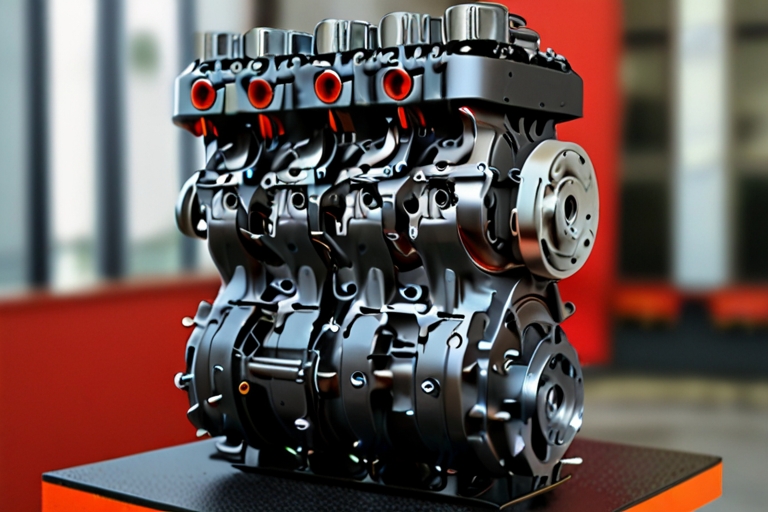The engine technology has been phenomenal in the history of the automotive engineering where the automobile seems inferior in the current century. Due to the fact that automotive industries have been invented in ancient times and are continuing their development to the present day with the creation of new advanced technologies of the engines of vehicles.
Most of the first cars were powered by engines which were not at all technically advanced. These were essential raw and basic engines which, being of low horsepower, and having simple mechanical construction, paved the way for subsequent developments. The move towards internal combustion engines represents a watershed in the history of motor cars and motor cultures since they facilitated the shift from small scale production to mass production of cars and the eventual acceptance of motoring as a form of leisure activity.
With the development of the automotive industry, designers started looking for new power-train concepts and potential engineering technologies to enhance the performance and fuel consumption of the engine. It must be said that such tools as carburetors, overhead camshafts and turbocharging petrol engines embody a real engineering breakthrough and greatly influenced engine design by ensuring their high power output and good smoothness.
For the last few decades auto industry has been concentrating on improving fuel economy and environmental emission in view of the increasing awareness of environment and regulatory curtail to respond to it. The invention of electronic fuel injection, variable valve timing and major advances in hybrid technology set the pace for the shift to cleaner and more efficient engines.
The current automobile engines are much more complicated and powerful than the engines developed in the earlier periods of production due to technological innovations in material science, computer-aided design, and production principles. From intelligence modulation of turbocharged four-cylinder power trains providing V8-like power output to total elimination of combustion-based engines and replacement with electric drive trains whose power and torque are delivered instantly with zero emissions, the future looks incredibly bright in the automotive arena.
The future of car engine will still be vibrant in future because of the high level of more innovation that is expected to be carried out including the use of hydrogen fuel cells, electric car propelling and also the driverless cars and trucks. As we continue to push the boundaries of automotive engineering, one thing remains certain: the future of engine technology will further developments for cars and transportation industry.

